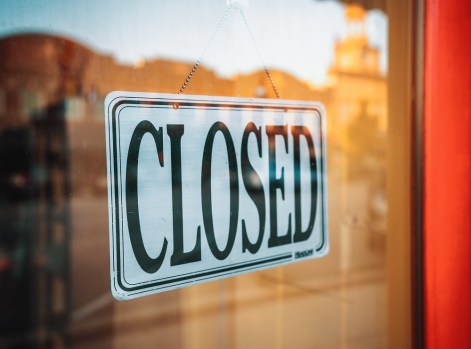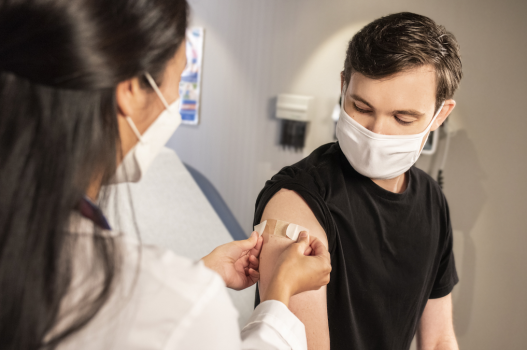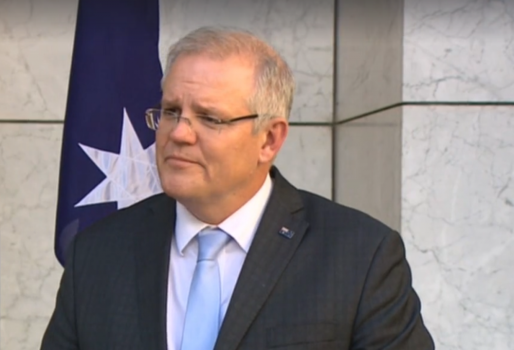
Representatives of the Business Events Council of Australia (BECA) met online with the Hon Dan Tehan MP, Minister for Trade, Tourism and Investment yesterday, to appeal for targeted support for businesses reliant on the business events sector.
With ongoing uncertainty and restrictions caused by the COVID-19 pandemic, BECA argues that governments must take action to sustain the sector that would otherwise be $36 billion to the economy each year and employ 230,000 people.
The council has therefore called on the government for urgent, targeted measures as lifeline towards recovery, with BECA deputy chair Geoff Donaghy saying that the survival of the visitor and events chain, along with maintaining its skilled workforce, is BECA’s number one priority.
“With minimal opportunity to earn revenue over the past 18 months, the current Delta lockdowns across Australia are directly impacting lives and livelihoods and the core capability of our dynamic industry,” Donaghy said.
The three target pillars in BECA’s appeal include Survival – the return of a national wage subsidy scheme to support business survival and retention of specialist industry skills; Confidence – the introduction of a national, Commonwealth Government led event insurance scheme, achieved in partnership with state and territory governments, to cover for government-enforced cancellations and postponements resulting from COVID-19 restrictions; and Recovery – introducing an improved Business Events Grant Program to stimulate demand of in-person business events in 2022, via corporate and association event owners.
While BECA believes the vaccination rollout is an essential part of the solution, the four-phase National Plan to transition Australia’s COVID-19 Response remains unclear for when meetings, incentives, conventions, and exhibitions can restart.
Furthermore, while COVID-19 business support grants and disaster payments are welcome, BECA argues they fall short for the business events industry.
“The various state designed grants make it difficult for a national industry to navigate eligibility and access, especially when it is reliant on interstate services, labour, and equipment that receives no direct support.
“They do little to maintain the critical connection between employers and employees when survival is the priority, which will erode the events skill base and seriously undermine any recovery pathway.”
Furthermore, the ‘ripple effect’ of lockdowns which have restricted the ability to freely travel within Australia, are threatening the commercial viability of in-person business events in destinations that are open to host them.
“When restrictions lift, business events cannot simply switch on like other industries. Significant lead time is required to book, plan, and deliver business events, which is why targeted and sustained support for our sector is required into 2022.”





